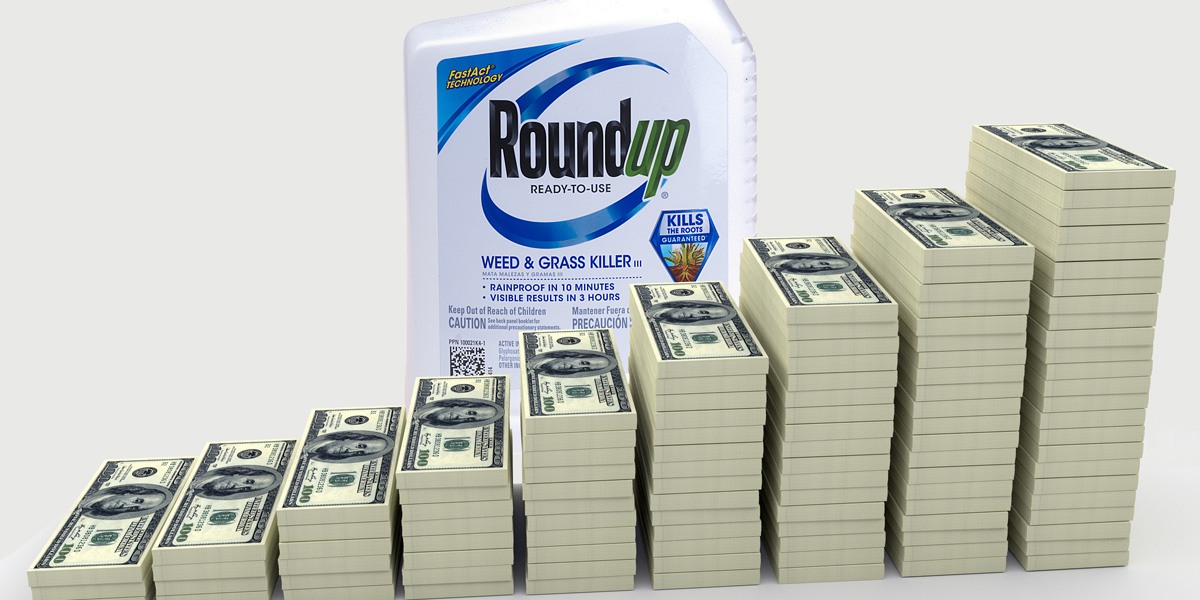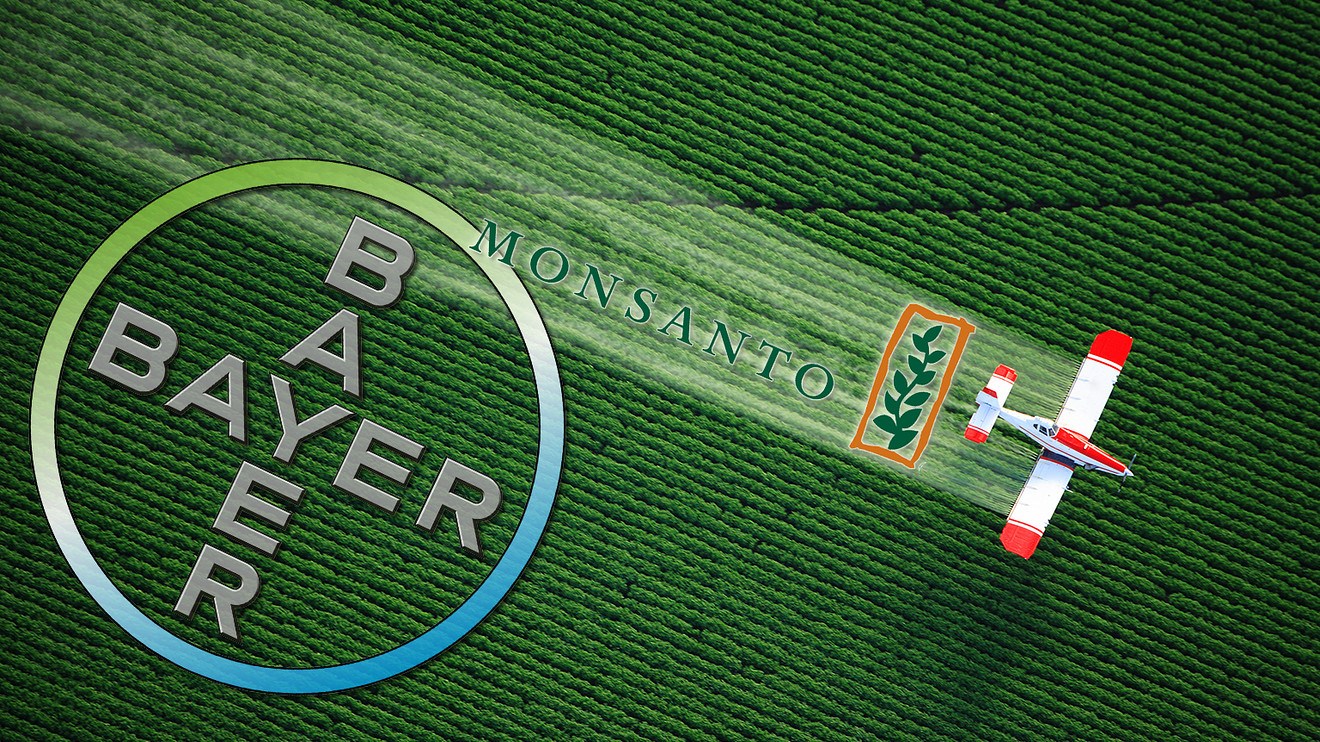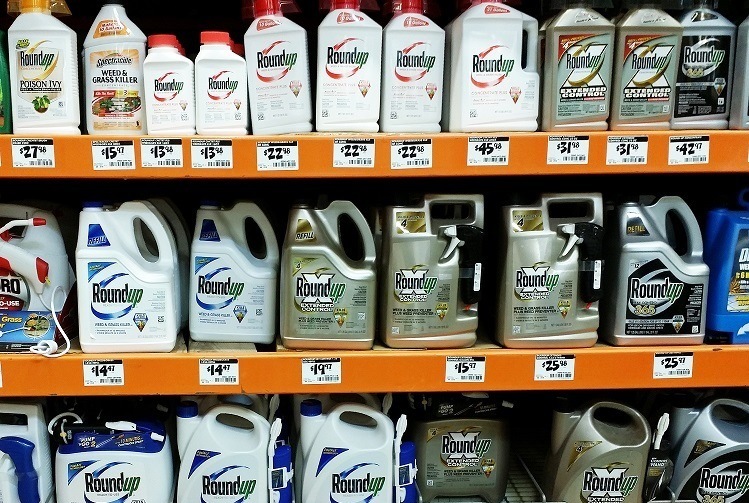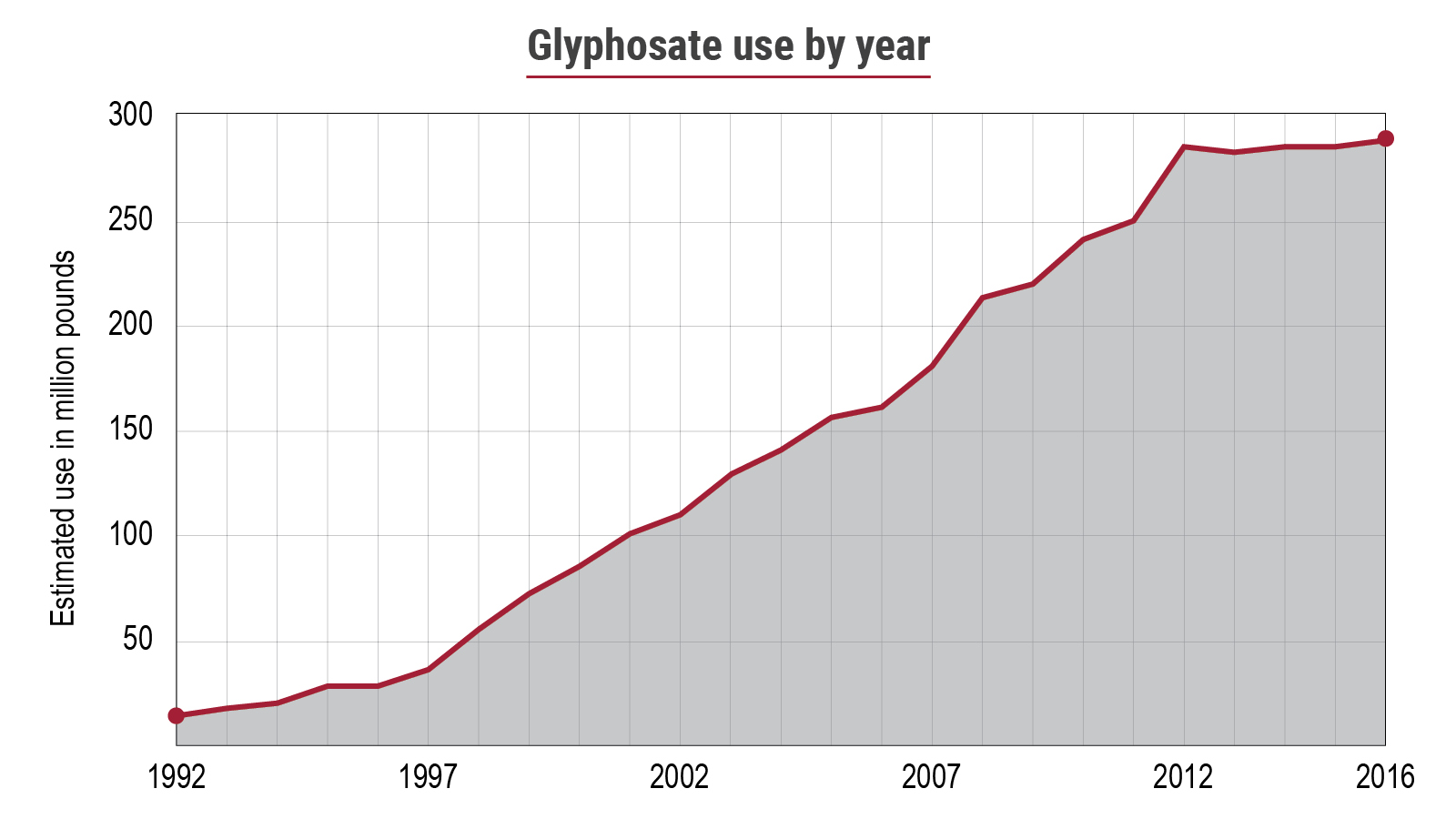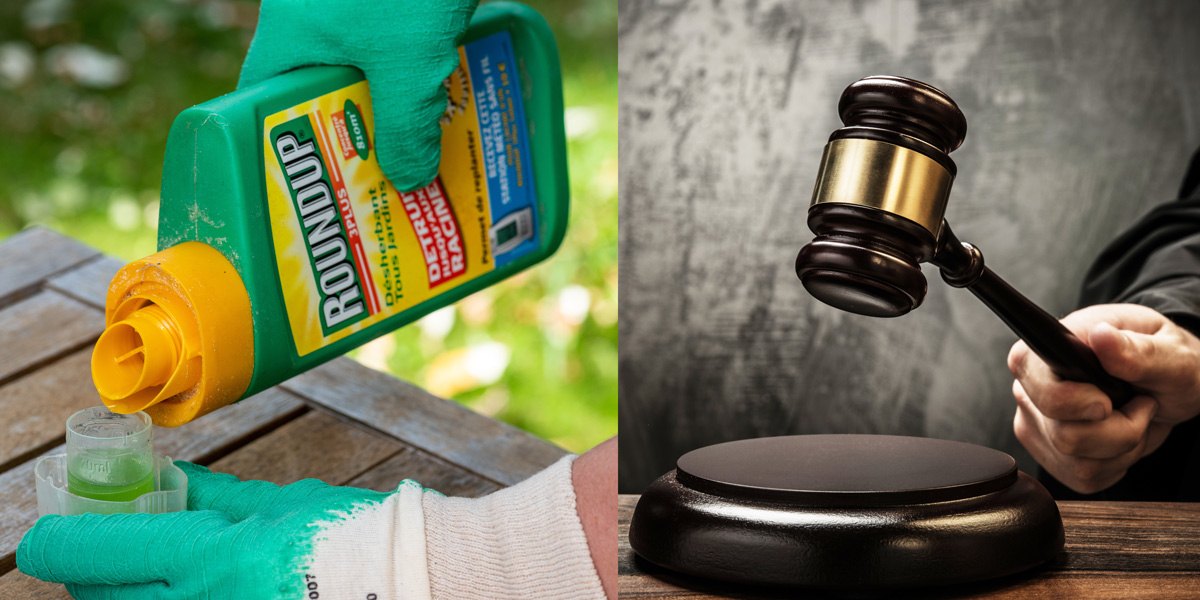Roundup Cancer Attorney Pleads Guilty to Extortion Attempt
A Virginia lawyer who helped represent the first Roundup cancer plaintiff to take Monsanto to trial pleaded guilty on Friday to trying to extort $200 million from a chemical compound supplier to Monsanto. Timothy Litzenburg, 38, admitted to a scheme in which he and another lawyer threatened to inflict substantial “financial and reputational harm” on the supplier unless that company paid the two attorneys $200 million disguised as a “consulting agreement.” According to the U.S. Department of Justice, Litzenburg allegedly told the company that if they paid the money, he was willing to “take a dive” during a deposition, intentionally undermining the prospects for future plaintiffs to try to sue. Litzenburg claimed to be representing roughly 1,000 clients suing Monsanto over Roundup cancer causation allegations at the time of his arrest last year.




